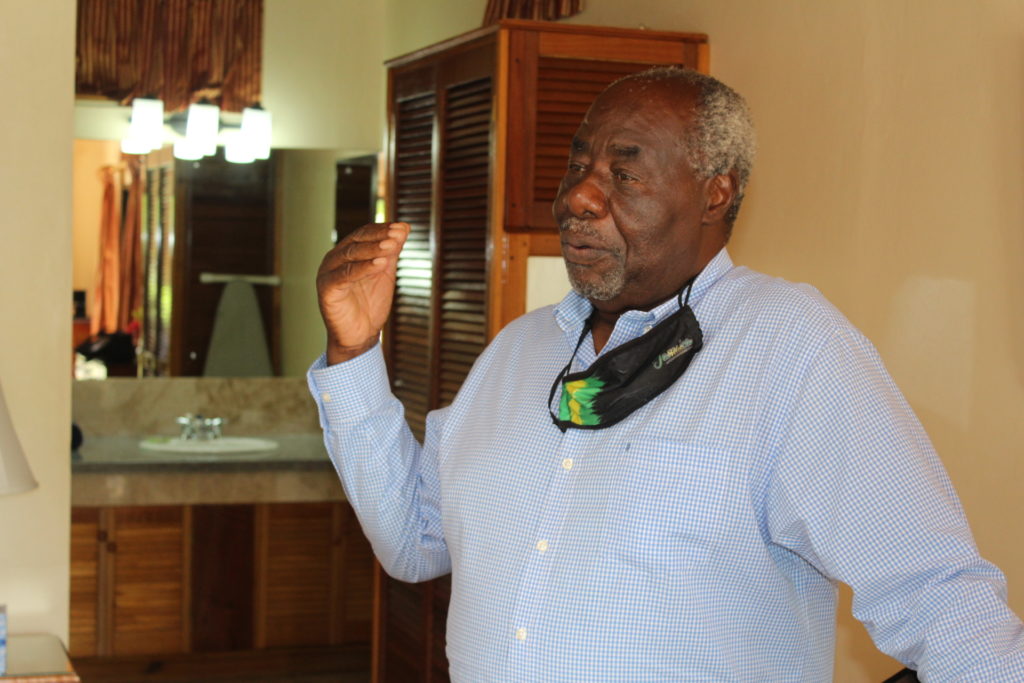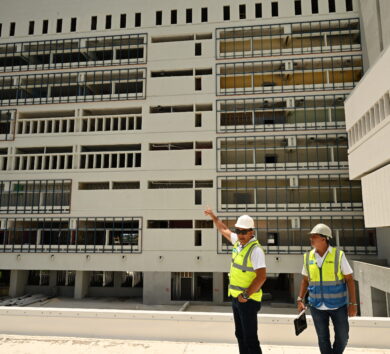

Prominent hotelier and managing director of the Charela Inn, Daniel Grizzle, is calling for a thorough evaluation of the issues affecting the local tourism industry, including the current state of food security in Jamaica and the long-term implications for the industry.
Grizzle, who has more than four decades of experience in farming, highlighted the need for a sustainable and more secure food supply chain to support the long-term growth of the tourism industry.
A report by the International Trade Administration, dated July 2022, revealed that approximately 60 per cent of food imports to Jamaica were destined for the hotel sector and restaurants.
“The increasing demand and local consumption of produce by the hotel industry necessitates the involvement of more local farmers to meet these requirements noted,” Grizzle said.

He further stressed the importance of mega hotels prioritising and supporting local agriculture as part of their social and corporate responsibility.
Grizzle owns and operates a 30 and 172-acre farm that produces livestock and vegetables, respectively, which are then distributed to the 49-room beach resort, Charela Inn, located in Negril.
He said this venture as a way of being self-sufficient all-year round, where 90 per cent of the food consumed at the resort comes from his farm. He has also partnered with small farmers from surrounding communities.
Grizzle is now looking to the future and the impacts of agriculture on tourism and the country as a whole.

On Grizzle’s farm, approximately 600 trees such as cedar, mahogany, mahoe, and coconut trees have been planted within the past two years.
This was done through a partnership with the Coconut Industry Board, the Rural Agricultural Development Authority (RADA), and the Forestry Department, which he said have all been instrumental in helping to execute his long-term goal of providing seedlings.
He also expressed his desire to expand the production of high-quality vegetables such as broccoli and string beans.
Grizzle also emphasised the importance of grooming young farmers who graduate from secondary and tertiary institutions and providing follow-up programmes that will enable farmers to engage with tourism stakeholders from the onset.

He has also commended the Government for its continued support of local farmers and its effort to strengthen the relationship between tourism and the agricultural sector through the Tourism Agri-Linkages Exchange (ALEX) initiative.
The pilot project aims to assist local farmers in marketing approximately 360,000 kilograms of produce, valued at J$39 million. However, he argued that prioritising and supporting local agriculture should be part of their social and corporate responsibility.







Comments